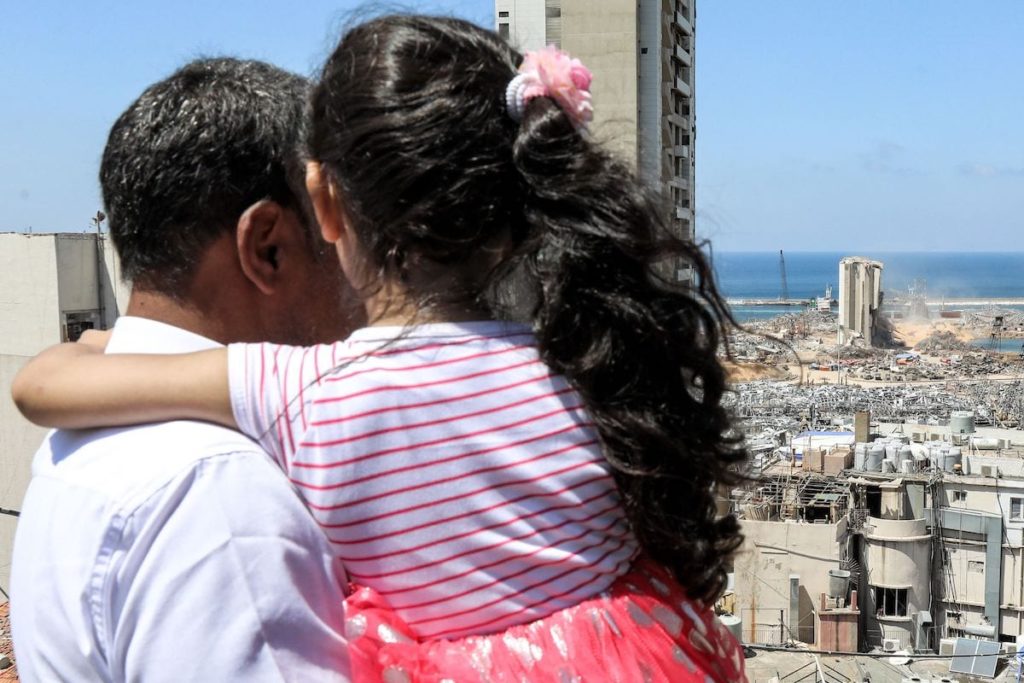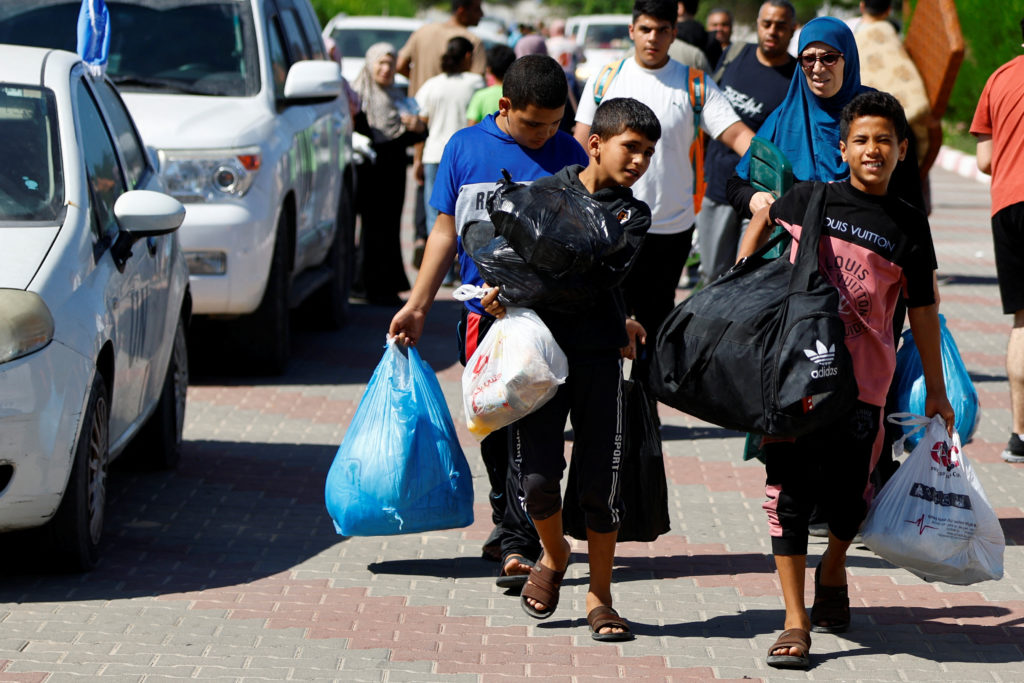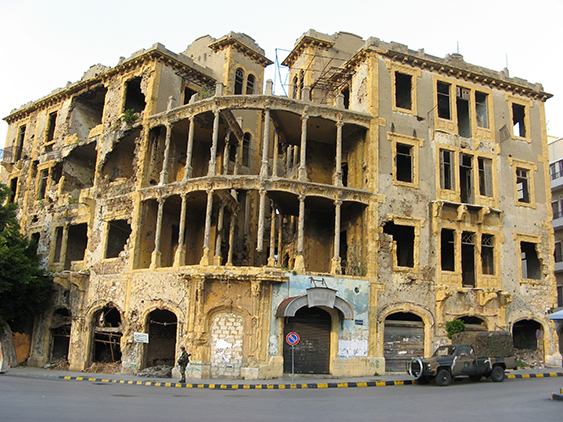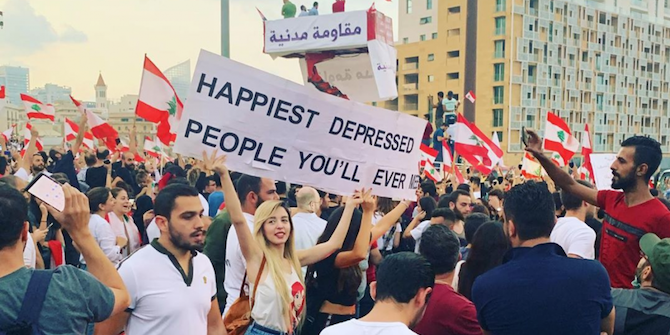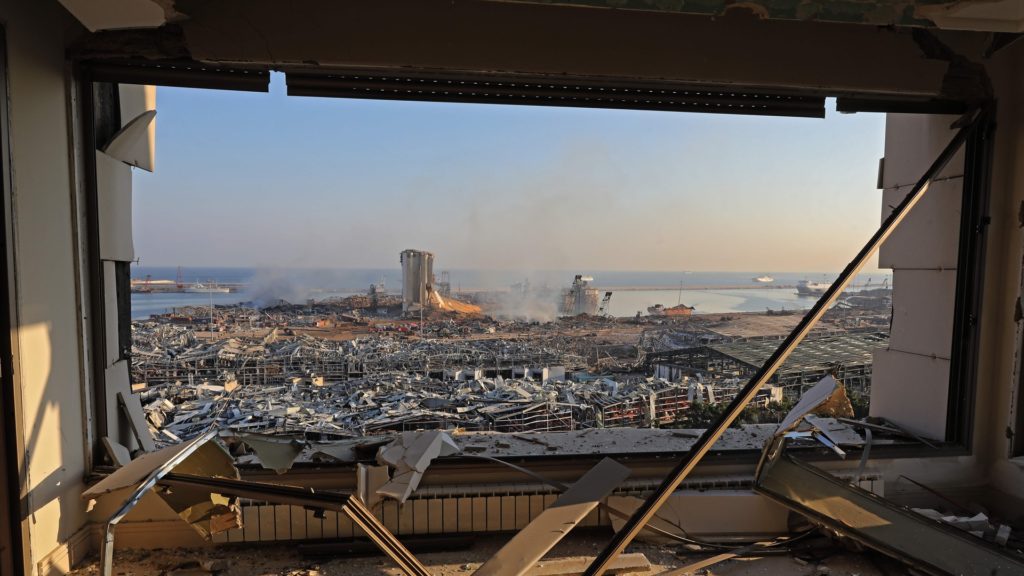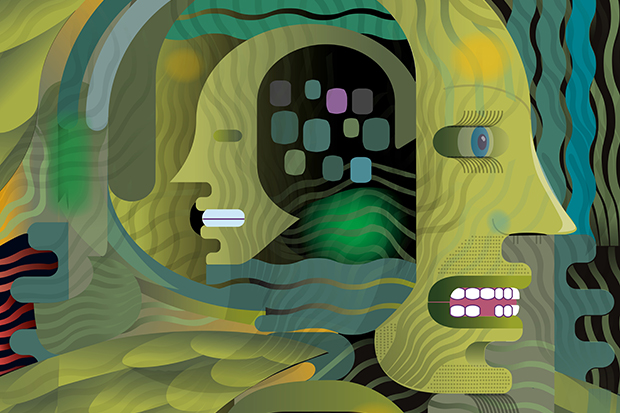Adaptation and Thriving in a Dynamic Environment: Cognitive Flexibility Cognitive flexibility involves selectively switching between appropriate behavioral responses relevant to environmental changes. Therefore, this mechanism allows individuals to efficiently disengage from previous tasks, reorganize their responses, and integrate them into new tasks. A greater degree of cognitive flexibility is correlated with enhanced reading skills in childhood, creativity and an increased […]

